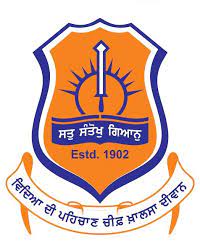BIKRAMA SINGH, KANVAR (1835-1887), one of the pioneers of the Singh Sabha movement, was born in 1835. He was the son of Raja Nihal Singh of Kapurthala. As he grew up, he developed interest in classical learning and music. He received several honours and distinctions from the British government. During the 1857 uprising, he commanded a Kapurthala contingent of 300 men, horse and foot, and 2 guns to defend Hoshiarpur.
- 1
- 2






